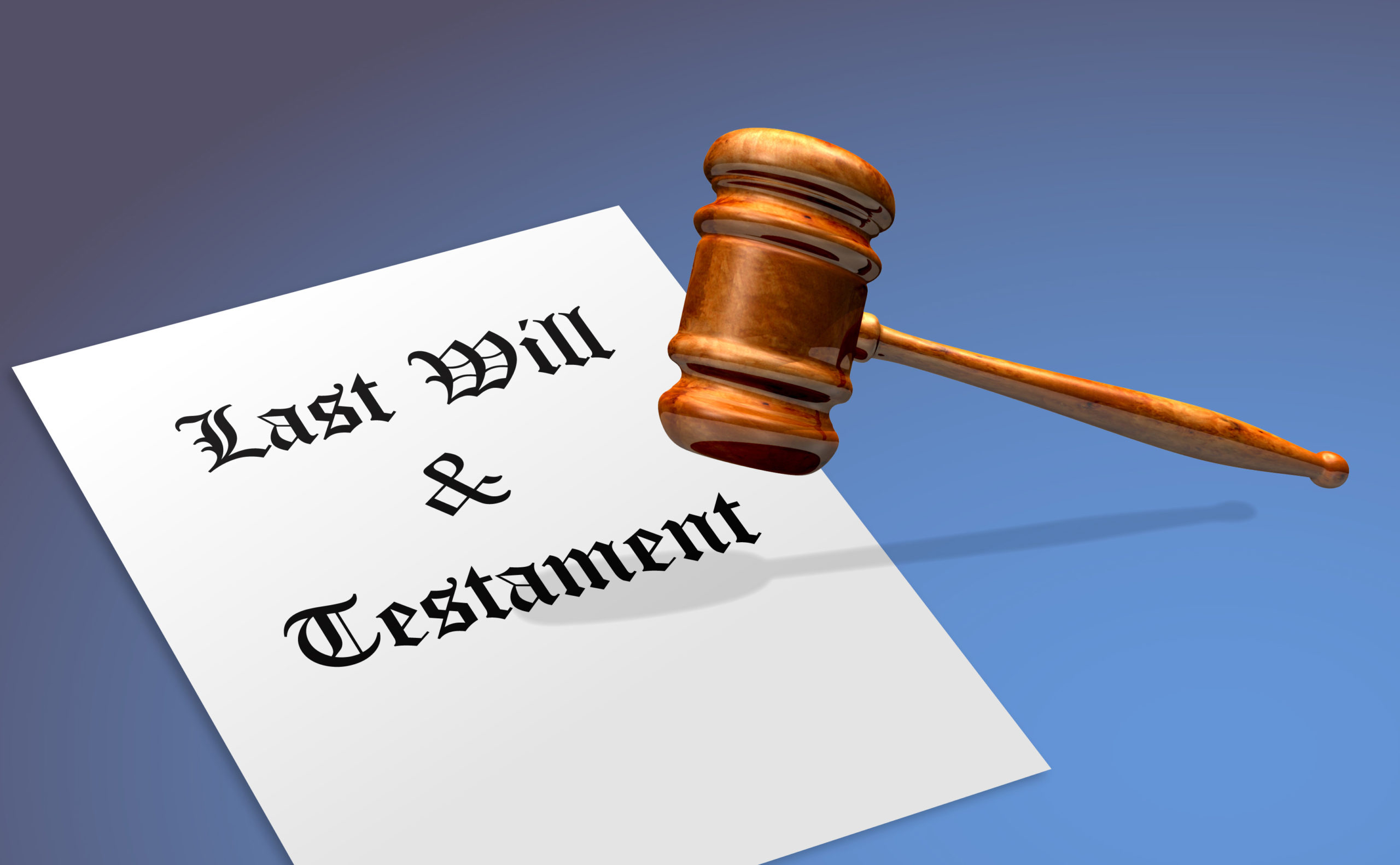Probate is the review and transfer of an estate for someone who has passed away. When the property owner dies, assets are analyzed by the probate court, which provides the final decision on how the assets are divided and distributed to beneficiaries. A proceeding for probate often begins by examining whether the person who passed away had written a legally-binding will. The deceased may have established such documentation, which outlines how they want their assets to be handled after death. But in other cases, the deceased did not leave behind a will.
Someone who passed away and had written a will is referred to as a testator. When the testator has died, an executor is responsible for starting a probate case. The executor is usually a family member who was appointed by the deceased, but the court may choose someone outside of the family to serve this role if needed.
An executor has an important duty to file the will to the probate court. Depending on the state, there are various rules for how long a will must be submitted after the death. This filing is what initiates the process of probate, a court-overseen proceeding that authenticates a will, appoints an executor, and gives the executor legal power to make decisions on behalf of the deceased. As a probate lawyer from W.B. Moore Law explains, duties that an executor may have to fulfill include but are not limited to:
- Locating assets and protecting them
- Filing necessary petitions to the probate court
- Paying income taxes that may be due
- Handling daily details such as notifying banks or government agencies, terminating leases, or attending to other contracts
- Setting up a brokerage account or estate bank account to keep income coming in as the estate remains active
- Paying estate taxes
- Supervising asset distribution
- Finding heirs and beneficiaries, and keeping them informed about the progress of the probate case as needed
If the deceased wrote a will, then they probably designated a person to serve as executor. This individual is responsible for finding and handling assets for the deceased. Most assets are going to be subjected to the probate process under the supervision of the court, but there are exceptions. An executor has to pay debts and taxes owed by the deceased from funds in the estate. Creditors will have a certain period of time to come forward and claim that they are owed money. An executor may reject a creditor’s claims if they seem invalid, but ultimately can be taken to court so a probate judge can make the final determination.
An executor is responsible for sending in the deceased’s final personal income tax return. After an inventory of the estate is done, value of assets calculated, and outstanding debts paid, an executor may then request authorization from the probate court to transfer what is left to rightful beneficiaries. If the deceased’s debts outweigh their assets, probate may not be initiated. Generally, states have their own guidelines for the statute of limitations, in addition to thresholds for probate filings.

